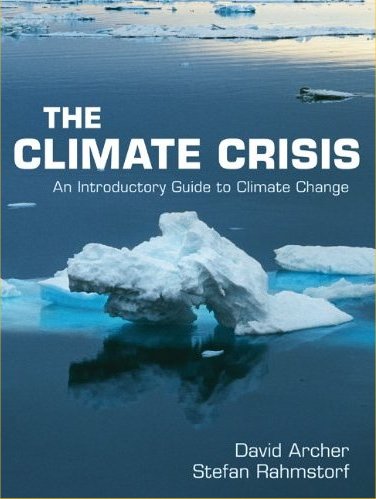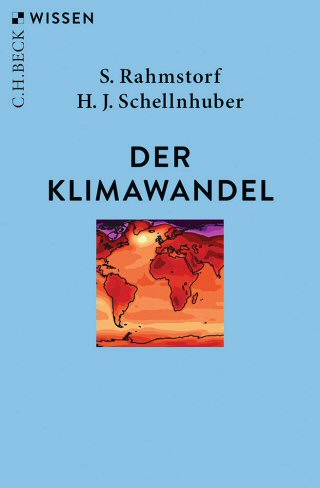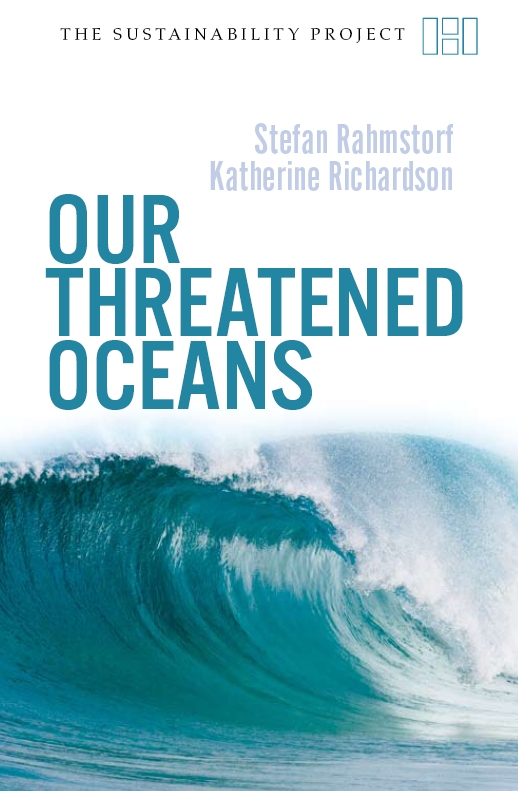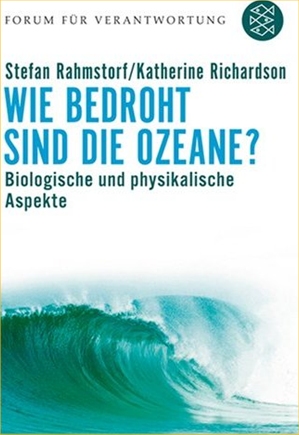The media and the Amsterdam global change conference (10-13 July 2001)
On Thursday, 12 July, one of a number of media briefings was held in Amsterdam to inform attending journalists on the topics discussed at the conference. This briefing was on the theme of "Beyond global warming: critical thresholds and abrupt changes"; scientists on the panel included Will Steffen (chair), Tom Pedersen, Oleg Anisimov, Nobel laureate Paul Crutzen and myself. The panel pointed out that climate change in the past had often taken the form of abrupt, non-linear change rather than a slow and gradual development, and that there was a risk that such non-linear changes might occur in future if anthropogenic warming goes beyond certain limits, which cannot be quantified at this stage.
A relatively balanced account was given e.g. in a release by Reuters written by Matt Daily. As reported correctly by Daily,
- Rahmstorf listed several "low probability, high impact'' scenarios that could cause sharp changes in the earth's climate, including the melting of the West Antarctic ice sheet, the death of tropical forests, shifts in monsoon circulation and changes in ocean currents.
- "Nobody believes these things are highly probable,'' he said. ''But we do need to be conscious of them when making climate policy. We need to take into account the risks of accidents or surprises.''
On the topic of possible shifts in ocean
currents, a journalist asked whether there was any indication that
ocean currents in the Atlantic were already changing.
I replied that until recently
in my estimation there was none, but that a paper by oceanographers
from the Faroe Islands, Britain and Norway had just been published
(Hansen et al., Nature Vol. 411, pp. 927-930) which argued that
there had been a weakening of the flow through the Faroe Bank Channel
by 20% over the past 50 years. I made it clear that this was only
the flow through one channel and the evidence for the weakening
was indirect, based on theoretical (though plausible) calculations
from temperature and salinity data, since no direct current measurements
were available going far enough back in time to observe long-term
trends.
What some media made of it
The moderate Reuters account, as
far as I can tell, sank with little trace - hardly anybody thought it was
worth reporting.
A week later, Fred Pearce in New
Scientist presented a pepped-up version under the headline: "Most
predictions on global warming are probably wrong"
starting out with: "WITHIN a
century, Europe could be in the grip of a big freeze."
The article says that:
- Rahmstorf predicts that as the world warms in coming decades, this
- "deep-water formation" will rapidly decline as less ice forms and more
- fresh water flows into the Arctic from rivers. "Until three weeks ago I
- would have had to admit that this was a purely theoretical calculation,"
- he says. "But now we have received data showing that the current has
- decreased by 20 per cent since 1950."
A number of German media then picked up on this, some with even more sensationalised stories and headlines, without checking back with me.
What's wrong with that?
1. I was not predicting
anything, I was talking about risks that have a low probability
of occuring. In the media briefing I made the comparison with an
airplane trip with a probability of 1% for a crash. Clearly, somebody
who points out such a probability is not predicting that
the plane will crash.
On the other hand, passengers might
find this information relevant to their decision whether to board the plane,
and in the same way the risk of non-linear responses of the climate system
is relevant to the discussions about a precautionary approach to climate
policy.
2. The supposed direct quote was
invented by the journalist and neither said nor authorised by me. This
is not good journalistic practice. The quote is incorrect in several ways.
(i) I would not (and did not) say
"we have received data" when I have not received any data, but simply pointed
out that a paper was published by other scientists.
(ii) The quote makes something
sound very definite ("showing that it has decreased") when there
is only the first indirect evidence that it might have decreased.
(iii) All the articles made it appear as if the current
concerned is the North Atlantic Current; in fact we were discussing
the deep flow through Faroe Bank Channel. This is only one of three
main return flows connected to the North Atlantic Current, so any
conclusions about the latter are rather speculative.
3. No climate model has ever - to my knowledge - simulated a cooling of Europe within this century. Even the worst case scenario, which we published in a sensitivity study (Climatic Change, 43, 353-367) with our own model, shows a cooling only after the year 2100.
The media thus prove to be even
more non-linear than the climate system, amplifying and distorting a reasoned
and sensible discussion at a scientific conference into dramatic headline
news.













